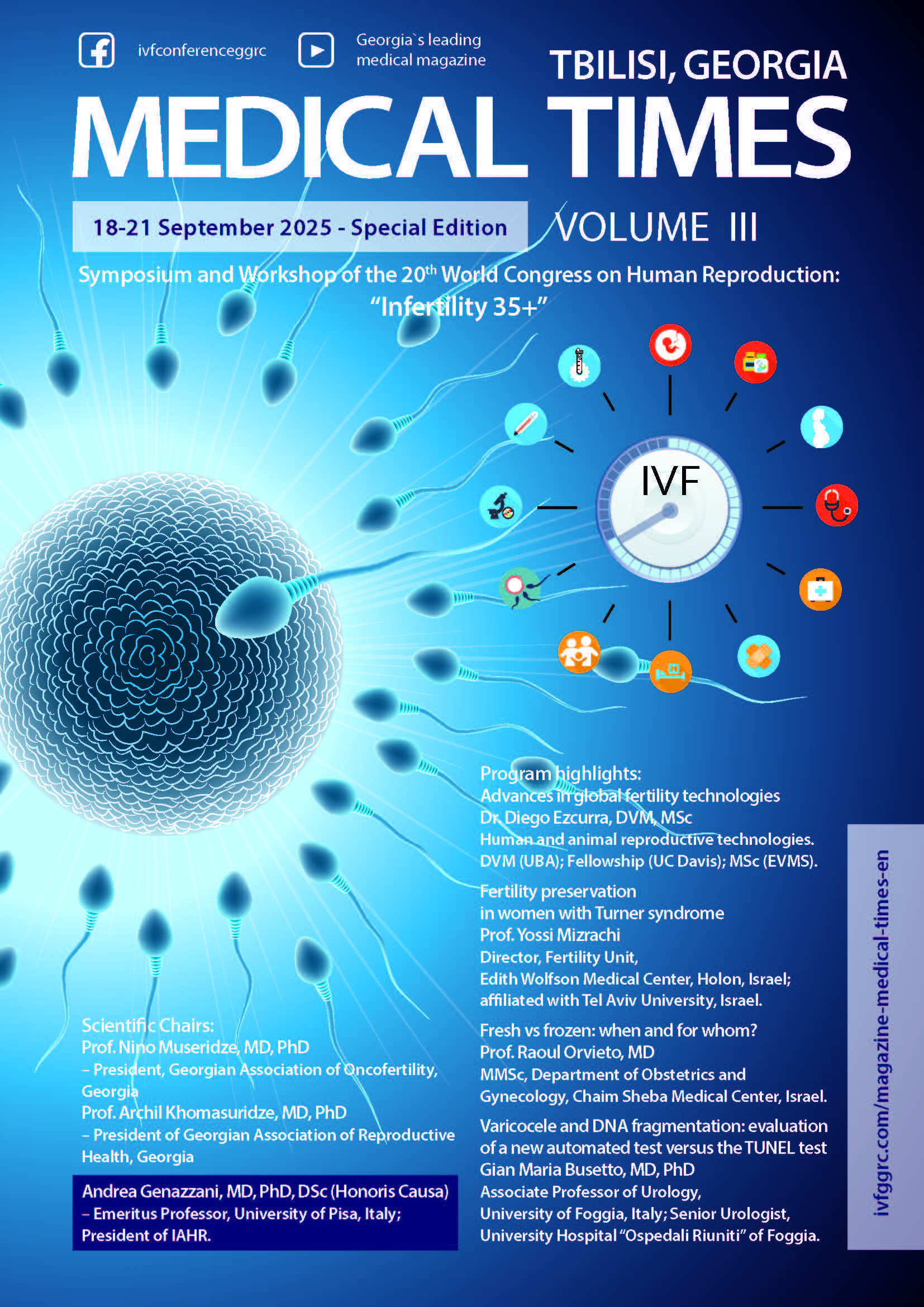Thyroid Function and Fertility in Women
DOI:
https://doi.org/10.71419/mtggrc.2023.8Keywords:
Thyroid, fertility, pregnancy, hyperthyroidism, hypothyroidismAbstract
Thyroid hormones, by affecting prolactin and sex hormone-binding globulin levels and oocyte maturation, significantly affect reproductive function in women. Subclinical or overt hypothyroidism is most common, and hyperthyroidism is less common. Approximately 10% of women show immunological thyroid disorders with increased antibody levels. There is no conclusive data that fertility disorders accompany hyperthyroidism. Hypothyroidism in pregnancy is a factor in its risk, as therapy in the first trimester is proposed propylthiouracil. In contrast, thiamazole is recommended in the second and third trimesters due to its hepatotoxic effects. Breastfeeding should occur immediately after taking the drugs and 3 hours before the next feeding. Abnormalities in monthly bleeding and ovulation accompany hypothyroidism and are the most common cause of fertility and pregnancy disorders, especially when accompanied by elevated levels of anti-TPO antibodies. Medications used to treat hypothyroidism are not contraindicated for breastfeeding during pregnancy, and screening tests in the form of TSH, FT4, and anti-TPO determination are recommended for women planning pregnancy and who are pregnant.
Downloads
Published
Issue
Section
License
Copyright (c) 2024 Andrzej Milewicz (Author)

This work is licensed under a Creative Commons Attribution 4.0 International License.
In case an article is accepted for publication it is allowed to combine the article with other research, to conduct new research on the article, or to make different arrangements on condition that the same license is used including commercial purposes.
As an author of an article published in the Medical Times, you retain the copyright of your article and you are free to reproduce and disseminate your work.














